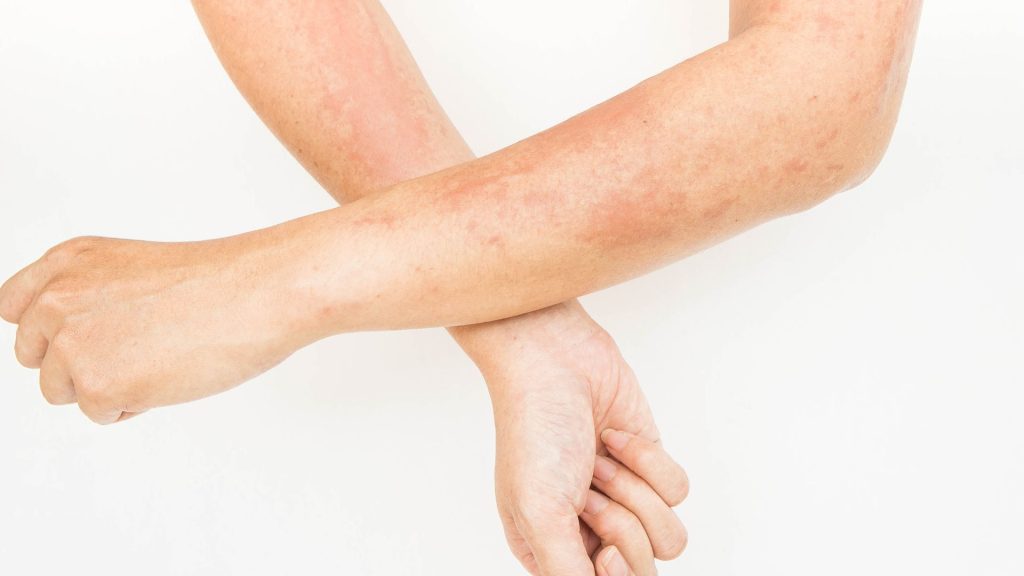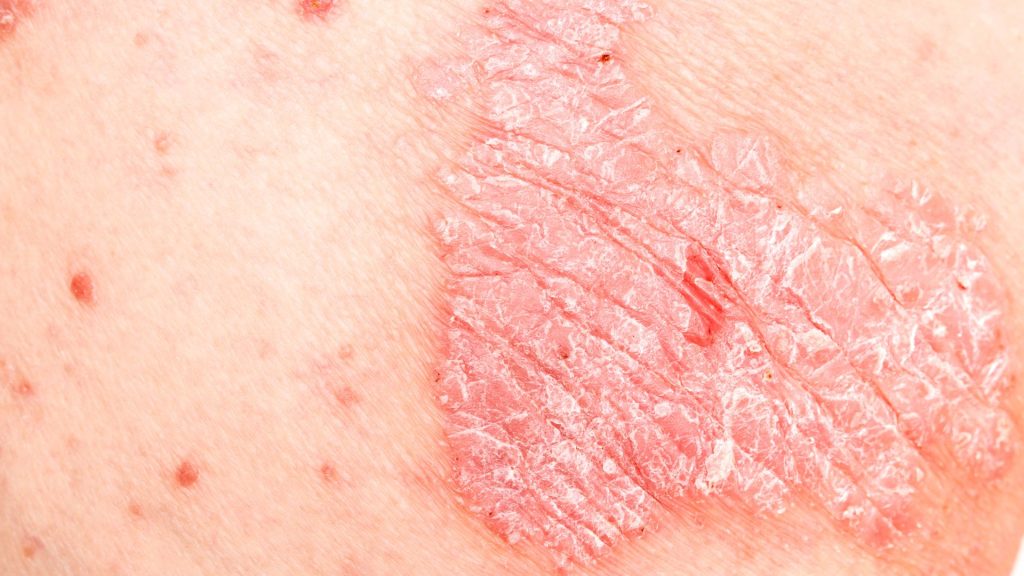Living with the chronic skin condition Hidradenitis Suppurativa can cause confusion and embarrassment, especially if misinformation abounds. One common concern is Hidradenitis Suppurativa Is It Contagious? If you’re affected by HS or simply curious about its impact, this blog article aims to provide clarity on this issue. Discover the truth about Hidradenitis Suppurativa and its effects on your daily life.

By exploring available scientific research and anecdotal evidence from those living with HS, we’ll look at what the science has to say about whether this painful discomfort can rub off onto another person in any way. Ready for some facts? Let’s get started.
Also known as acne inversa, Hidradenitis Suppurativa is a chronic skin condition characterized by the development of painful, inflamed lumps or nodules in the areas where skin rubs together, such as the armpits, groin, and buttocks. These lumps can become infected and may drain pus or other fluids. While the exact cause of hidradenitis suppurativa is not fully understood, it is thought to be related to the blockage of hair follicles and the presence of certain bacteria on the skin.
One question that people often have about hidradenitis suppurativa is whether it is contagious or capable of being transmitted from one person to another. The answer is that HS is not a contagious condition. It cannot be spread through direct contact with an infected person or by touching an infected surface.
Hidradenitis Suppurativa Is It Contagious?
The development of hidradenitis suppurativa is thought to be influenced by a combination of genetic and environmental factors. Some people may be more prone to developing the condition due to inherited genetic traits, while others may develop hidradenitis suppurativa due to certain lifestyle or environmental factors.
One of the critical factors that are thought to contribute to the development of hidradenitis suppurativa is the blockage of hair follicles. In people with the condition, the hair follicles in certain areas of the body become blocked, leading to the formation of lumps or nodules. The presence of certain bacteria on the skin may also play a role in the development of hidradenitis suppurativa.
For example, people who are overweight or obese may be more likely to develop hidradenitis suppurativa, as the excess weight can put additional pressure on the skin and increase the risk of blockages in the hair follicles. This, combined with other factors, could lead to the development of hidradenitis suppurativa.
Sure, the exact cause of hidradenitis suppurativa is not fully understood. However, it is clear that the condition is not caused by an infectious agent such as a virus or bacteria. Infectious diseases are contagious because they are caused by pathogens transmitted from one person to another through direct contact, air, or by touching an infected surface.
Hidradenitis suppurativa, on the other hand, is not caused by an infectious agent and cannot be transmitted in this way.

Early Diagnosis and Treatment are Crucial
Hidradenitis suppurativa is not contagious. However, it is important for individuals with the condition to seek treatment as soon as possible to manage their symptoms and improve their quality of life. While there’s no known cure for Hidradenitis suppurativa, there are ways to ease the severity of this condition. Common treatment options may include medications, such as antibiotics or anti-inflammatory drugs, and surgical procedures to remove affected tissue.
In some cases, lifestyle changes, such as losing weight or quitting smoking, may also be recommended to help reduce the risk of flare-ups and improve the overall health of the skin. Consult with an HS specialist to understand your Hidradenitis suppurativa and how you can manage your condition effectively.

Summary
Generally, hidradenitis suppurativa is a chronic skin condition that is not contagious. It cannot be spread through direct contact or by touching an infected surface. While the exact cause of hidradenitis suppurativa is not fully understood, it is thought to be related to the blockage of hair follicles, the presence of certain bacteria on the skin, and other factors.
If you have hidradenitis suppurativa, it is not necessary to avoid close contact with others or to take any special precautions to prevent the spread of the condition. However, it is crucial to seek treatment to manage your symptoms and improve your quality of life.
